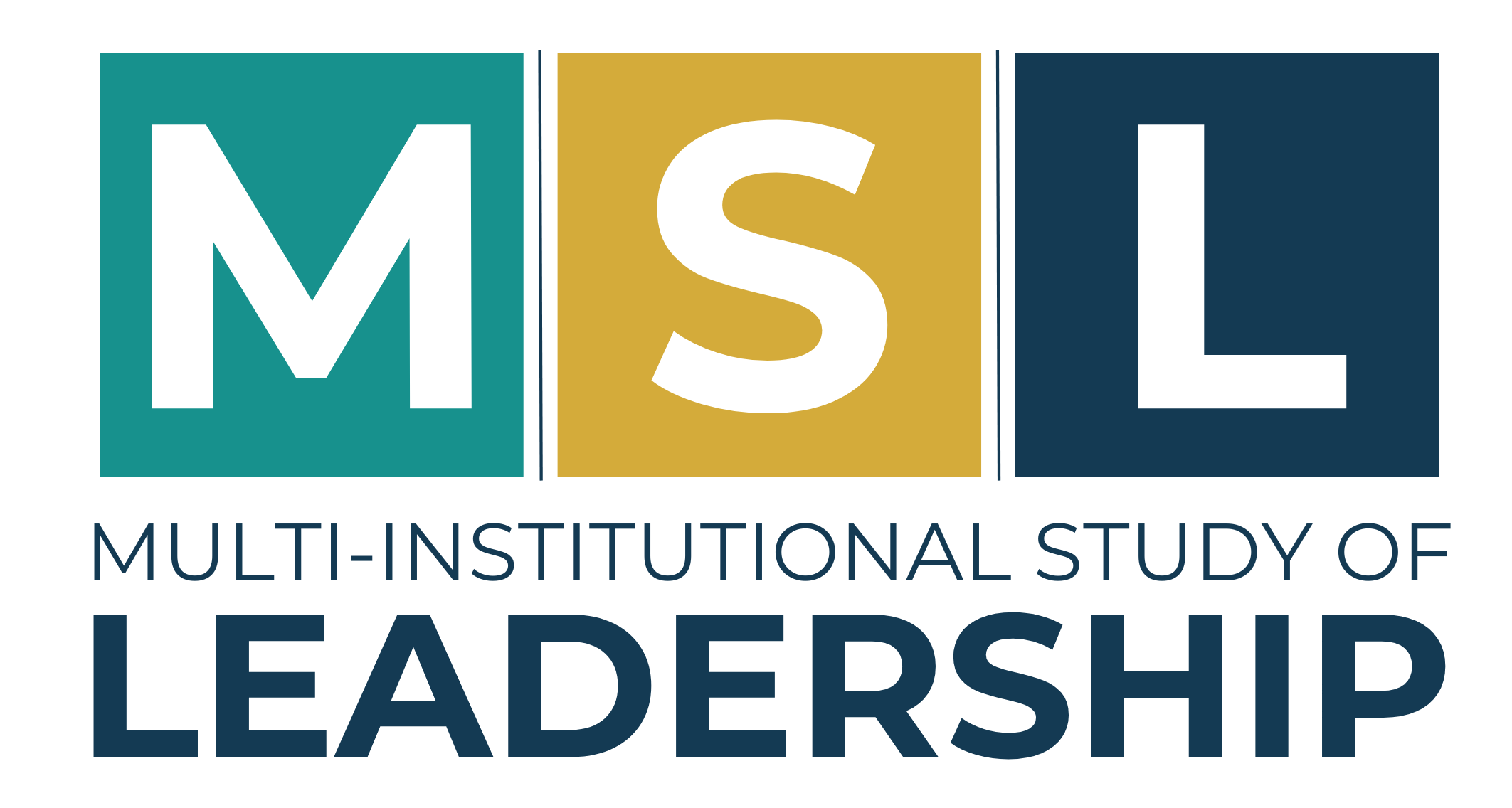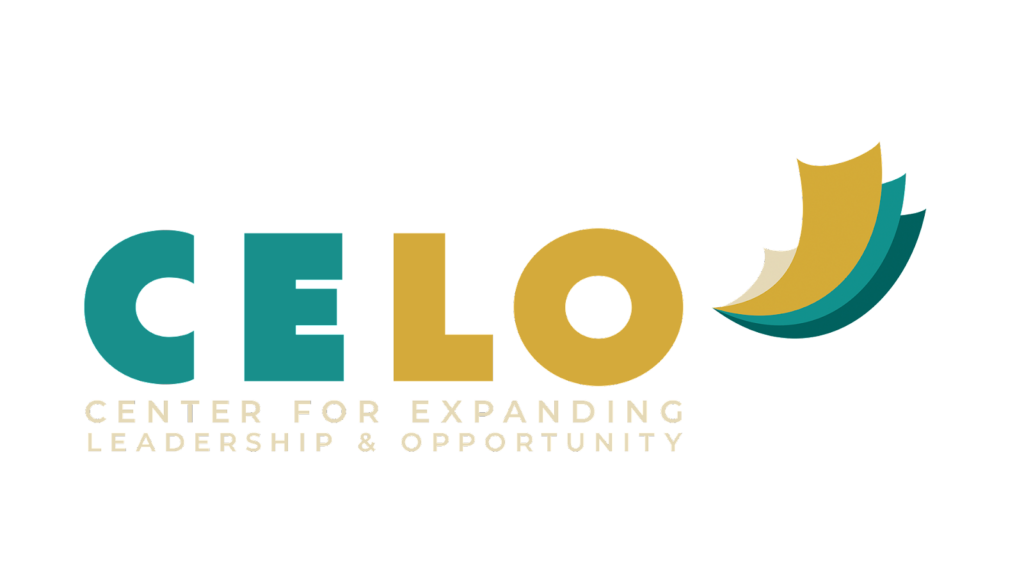

Enrollment
2025-2026: MSL registration is closed for the 2025-2026 academic year. Please use the link below to register your institution for the 2026-2027 data collection.
2026-2027: MSL is currently accepting enrollments on a first-come, first-served basis for its 2026-2027 data collection. Enrollment will be capped with early enrollment discounts available now!
Ready to enroll for the 2026-2027 academic year?
Timeline
Costs
Services
Deliverables
Use Cases
2026-2027 Timeline
The MSL is a standardized survey service with a significant level of customization available. While the study was conceived with a specific design, there are a lot of opportunities for organizations to customize the study to their preferences.
School Enrollment
-
- Priority Enrollment: December 1, 2025 – April 30, 2026
- Early Enrollment: May 1, 2026 – July 31, 2026
- Standard Enrollment: Begins August 1, 2026
Verification: July 1 – December 31, 2026
Includes implementation windows, sample accuracy, and participating organization readiness.
Data Collection: January 1 – June 30, 2027
Direct work with each participating organization based on dates specific to them.
Reporting: July 1 – October 31, 2027
Data provided to organizations along with consultative calls to assist in data interpretation and action planning.
Administration Cost
The MSL registration fee will vary based on the date of organizational enrollment; full payment is required to be considered enrolled. Early enrollment allows the implementation team to plan ahead better, so we encourage all schools to enroll and pay as soon as they are able. Because early enrollment allows us to be more efficient with services, we offer lower registration fees for earlier enrollment.
- Priority Enrollment: $6,500 (December 1, 2025 – April 30, 2026)
- Early Enrollment: $7,000 (May 1, 2026 – July 31, 2026)
- Standard Enrollment: $7,500 (Begins August 1, 2026)
Scholarships: The MSL team may authorize a fee scholarship or discount, at their discretion. This initiative underscores our commitment to increasing access to resources by financial assistance to organizations that require it the most. Thanks to investments from partner organizations, MSL offers scholarships for participation that can underwrite up to the full cost of participation.
To maximize the benefits of scholarship funding, we do ask organizations to cover whatever portion of the total cost that is feasible. To ensure that scholarships benefit organizations with genuine need, we kindly request that only those who truly need the support apply. This approach allows us to allocate resources effectively and maximize the positive impact on organizations that may otherwise face financial barriers.
Scholarships can be requested once your institution is ready to enroll. You will need to provide some basic information including an administration campus contact, the amount you are able to pay for administration, and a brief rationale for your need for funding support. Interested schools should act quickly, as scholarship decisions will be made on a rolling basis while funding is available.
Cancellation Policy: Click here to view the 2026-2027 MSL cancellation policy.
Ready to enroll for the 2026-2027 academic year?
Standard Services
The MSL is a standardized survey service with a significant level of customization available. While the study was conceived with a specific design, there are a lot of opportunities for schools to customize the study to their preferences.
The MSL Population of Study is defined based on the focus of your organization. For example:
- Higher Education Institutions: any full- or part-time undergraduate students at least 18 years of age or older [Note: Schools may choose to sample graduate students but will want to consult with the MSL team about the benefits and limitations of this approach]
- Secondary Schools: any full or part-time students enrolled in grades 9 – 12 [Note: use of MSL with minors typically involves an additional layer of consent from parents or guardians]
- Nonprofits: typically sample the full range of youth interacting with their programs and services and/or alumni associated with their organizations
Supplemental samples include any additional participants provided that may or may not have been selected as part of the Random Sample. Your organization may elect to include additional populations for a variety of reasons. There is no added cost for increasing your sample size.
The MSL will provide a standard template for study materials, including an incentive plan, a consent form, and all respondent communications (invitations and reminders). When required, the MSL can customize some of these items in limited ways to meet local IRB or other needs.
Organizations have the option to add up to 10 custom questions to the existing MSL questionnaire. All custom questions are included at the end of the MSL instrument and are asked only of participants within your program.
Deliverables
MSL provides participating organizations with a full range of resources and deliverables to ease interpretation of results and application of findings to practice. This includes providing both raw data samples, summary reports, and interactive dashboards to maximize the use of findings.
We deliver a configurable digital dashboard enabling analysis of results against national benchmarks, peer institution/organization comparisons, longitudinal studies, and findings broken down by:
- Respondent Characteristics and Distributions
- General and Sub-Study Outcomes
- Organization Outcomes
- National Outcomes
- Customer Question Responses (if applicable
During the study administration, the MSL team will be there to assist with any difficulty that you experience. Our staff of survey professionals will be able to help in any way needed. After the study is completed, each organization will have a debriefing call scheduled, where they will have access to members of the research team to assist with understanding the data, the reports, and what next steps may be useful to take.
The MSL can offer a variety of custom reporting services for an additional fee.
The MSL will provide a raw analytic-ready dataset in SPSS or comparable analysis-ready format. This will allow organizations to conduct their own analysis outside of the configurable dashboard.
Use Cases
The impact of participation can be seen at multiple levels of an organization. The MSL helps us understand and contextualize youth development programs — as well as provide a roadmap to improve those programs through evidence-based practices. In other words: it doesn’t just measure progress; it teaches us how to improve. This can:
- improve program design at schools and nonprofits,
- target program investments from philanthropists and corporate funders,
- generate policies that help accelerate youth development, and
- help inform the accreditation process at schools and universities,
Click here to watch a recent webinar on the MSL.
Click here to view a list of previous MSL participants.
Evidence of Student Learning for Accreditation
- Marquette University: Data used to report progress on educational outcomes identified in the institutional accreditation process.
- Florida State University: Data serves as a source of evidence for the accreditation process which lists leadership development as a core outcome in the institution’s quality enhancement plan.
Advancement of Institutional Priorities
- Metropolitan State College of Denver: Data used to support the institution’s application for designation as a Hispanic-Serving Institution.
- University of Maryland: Data supports a presidential initiative to increase specific educational opportunities for undergraduates on campus (e.g., study abroad, research with faculty members, internship experiences, mentoring relationships). Data are used to track trends across these opportunities as well as examine rates of student access.
Development or Reassessment of Programs/ Services
- North Carolina State University: Data stimulated and guided the redesign of leadership programs to refocus on a more complex and tiered leadership education program.
- Lehigh University: Data used to inform leadership education programs with specific attention paid to tracking and evaluating student learning over multiple years of involvement in educational programs.
- University of Nevada Las Vegas: Data was analyzed to examine student perceptions of campus climate by racial group membership. Results were used to identify programmatic areas that supported students’ positive perceptions as well as gaps in educational programming contributing to negative perceptions of campus climate.
Increase of Human and Financial Resources
- University of Minnesota: Data provided key evidence supporting two grant proposals that were awarded to fund a new leadership certification program as well as a first-year student leadership institute.
- Texas A&M University: Data used to acquire two new professional staff positions focused on leadership education and student organization advising/ mentoring.
- University of Tampa: Data used to justify additional programmatic funding as well as a new professional staff line supporting leadership and civic engagement initiatives.
Evidence of Student Learning
- University of Toronto: Data used by the School of Engineering to track student involvement, mentoring experiences, and educational outcomes.
Development or Reassessment of Programs/ Services
- Rollins College: Data used by the provost’s office to inform the curriculum review process and infuse leadership education as an interdisciplinary learning outcome across all academic areas.
- Oregon State University: Data informed an organizational restructuring process in the division of student affairs leading to the creation of a new departmental unit charged with leadership education and community service as well as new staffing lines.
Benchmarking with Peers
- DePaul University: Data informed the work of the division of student affairs research and assessment office with particular attention paid to tracking student trends related to male students of color and their engagement levels on campus.
- Catholic Schools Consortium: A group of 12 Catholic schools partnered in the project to collect data adding an additional set of 20 common questions related to institutional mission and identity. These schools then shared data so that reports offered institutional comparisons across learning outcomes and educational experiences.
View 2025-2026 Participating Institutions
|
|
Information and Inquiries
For inquiries about the MSL, please email us at msl@expandingleadership.org and a research team member will respond within two business days.
Sign up here to receive more information about the MSL.
2026-2027 Enrollment
MSL is currently accepting enrollments on a first-come, first-served basis for its 2026-2027 data collection. Enrollment will be capped with early enrollment discounts available now!
